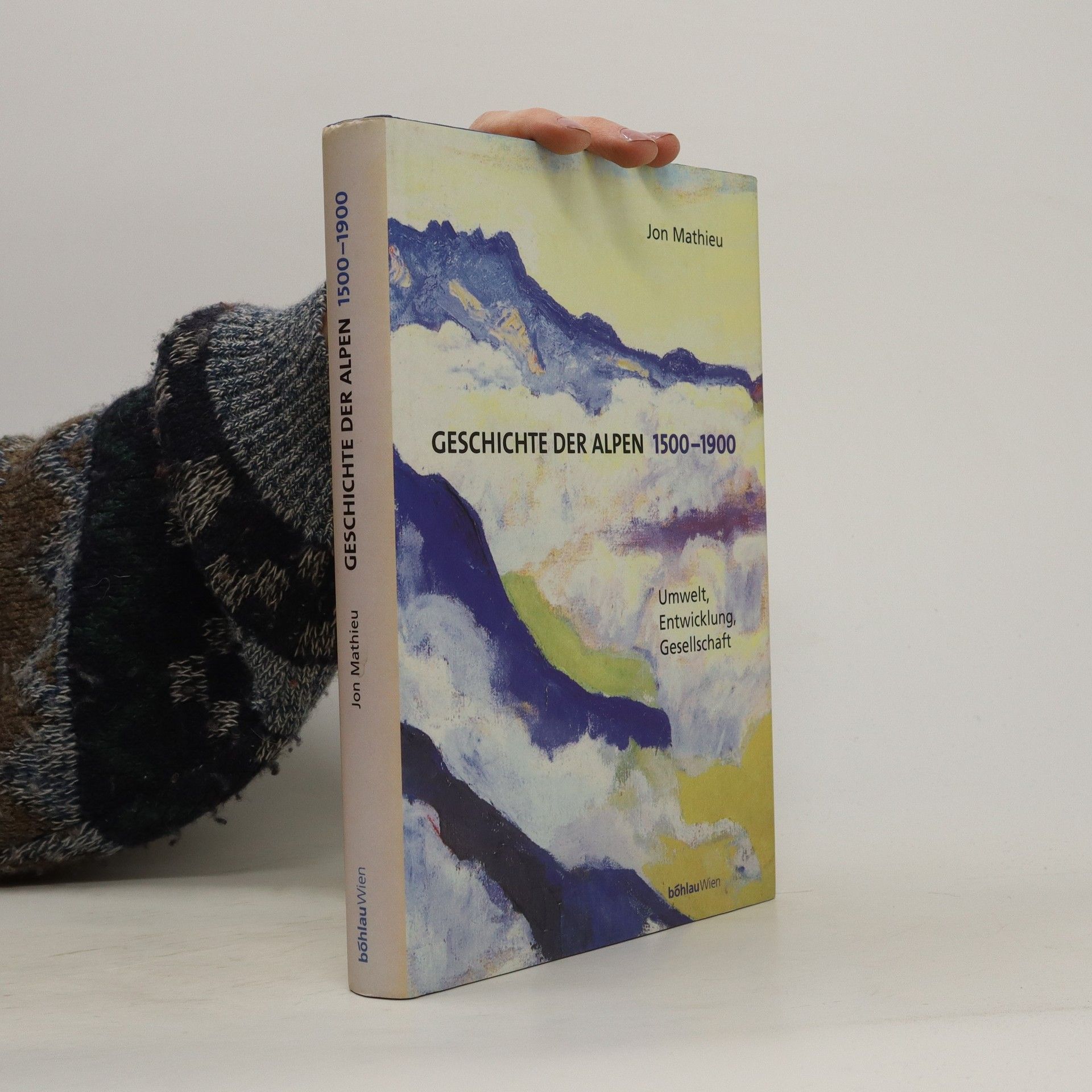Mount Sacred
- 164 pages
- 6 hours of reading
Exploring the sacredness of mountains like Mount Kailash and Uluru, this study examines the spiritual practices of prayer and pilgrimage associated with these sites. It contrasts these traditions with Christianity's historical detachment from nature, highlighting tensions during colonialism. The work discusses the impact of decolonization and the ecological movement on the interpretation of sacred mountains, illustrating their significance as symbols of cultural diversity and their roles in contemporary issues like gender justice and environmental protection.


